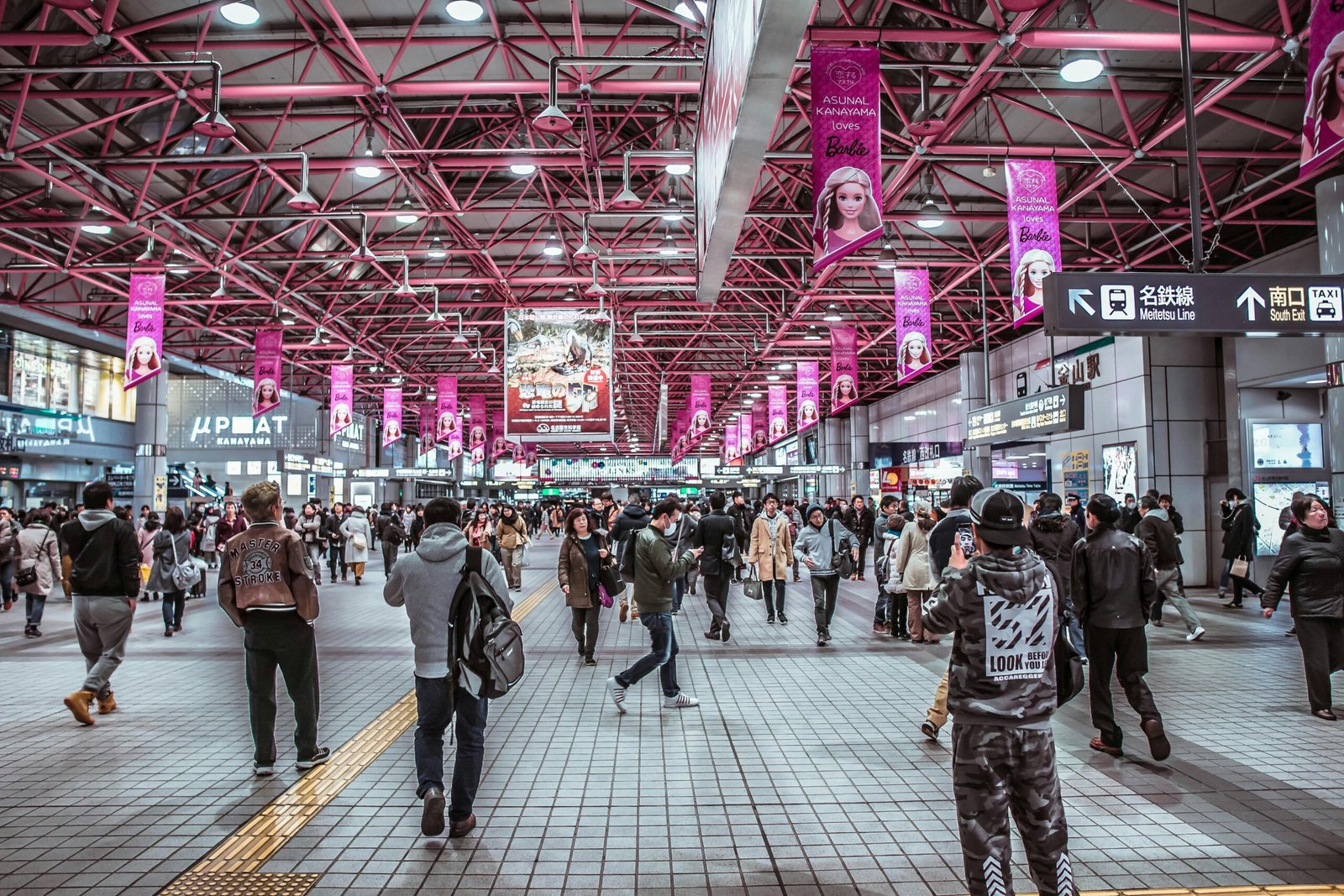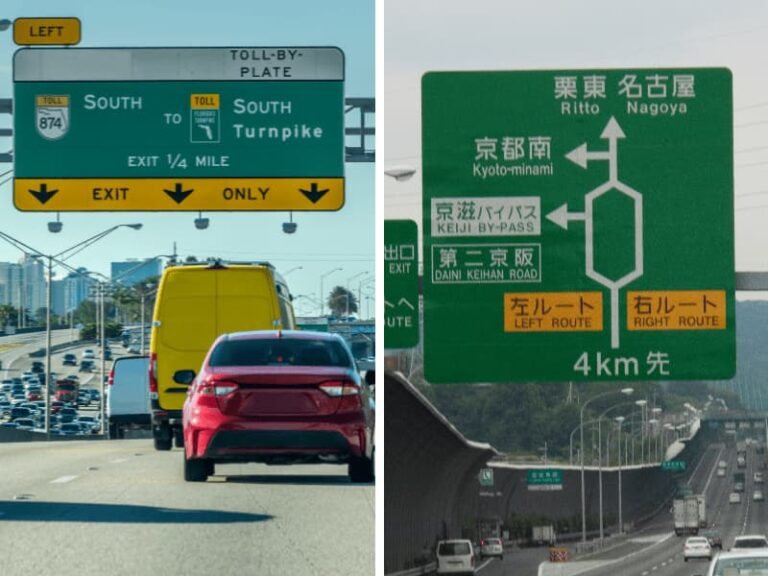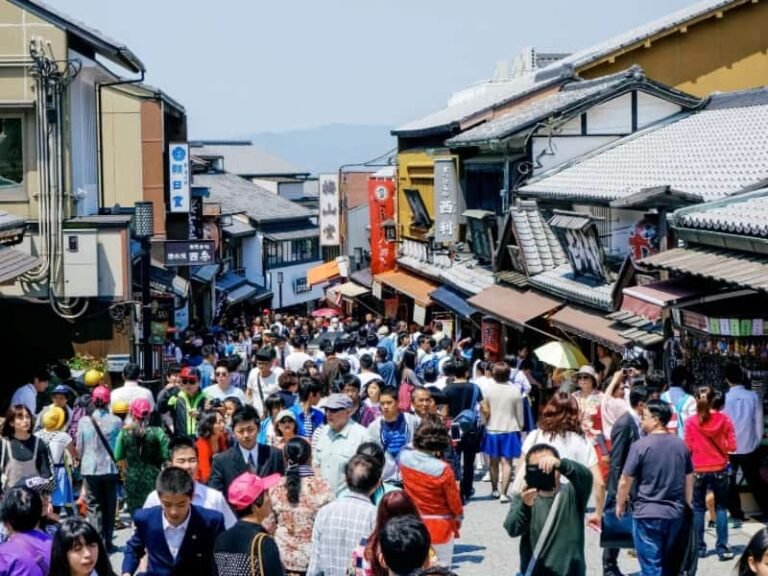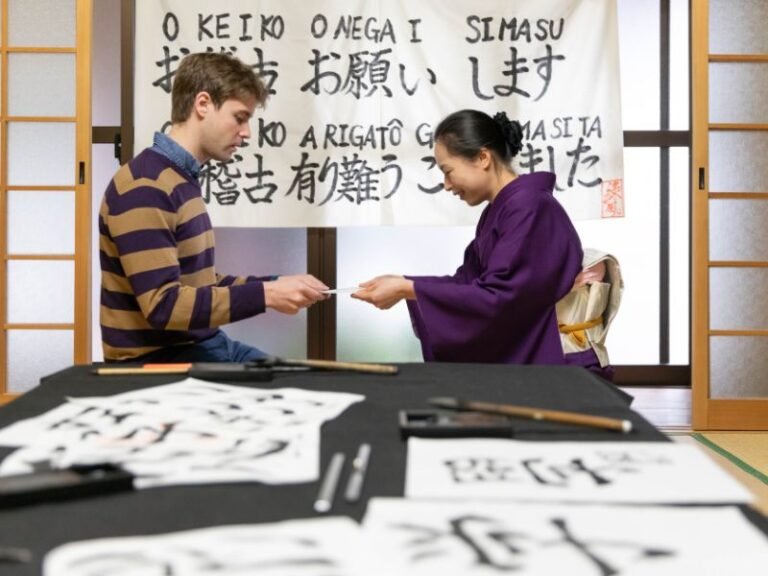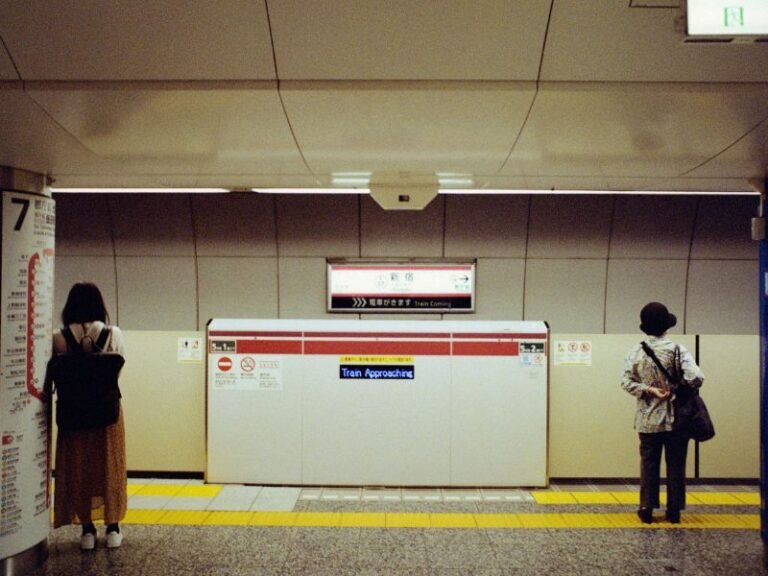Japanese Etiquette in Public Spaces: Simple Tips for Respectful Travelers
Japan is known around the world for its politeness, cleanliness, and peaceful public spaces. But if you’re visiting for the first time, some Japanese etiquette might surprise you. What’s normal in your country could be considered disruptive in Japan—and it’s easy to make mistakes without even realizing it.
As someone who grew up in Japan and now lives abroad, I understand how different cultural habits can be. I’ve traveled and lived in many places—including the UK and the US—and I’ve had to adjust my behavior depending on where I am. But when I return to Japan, I’m reminded of how much we value quiet, order, and consideration for others in shared spaces.
Here are some simple Japanese etiquette tips to help you feel more comfortable—and help locals feel more comfortable around you, too.
Japanese Etiquette Every Tourist Should Know
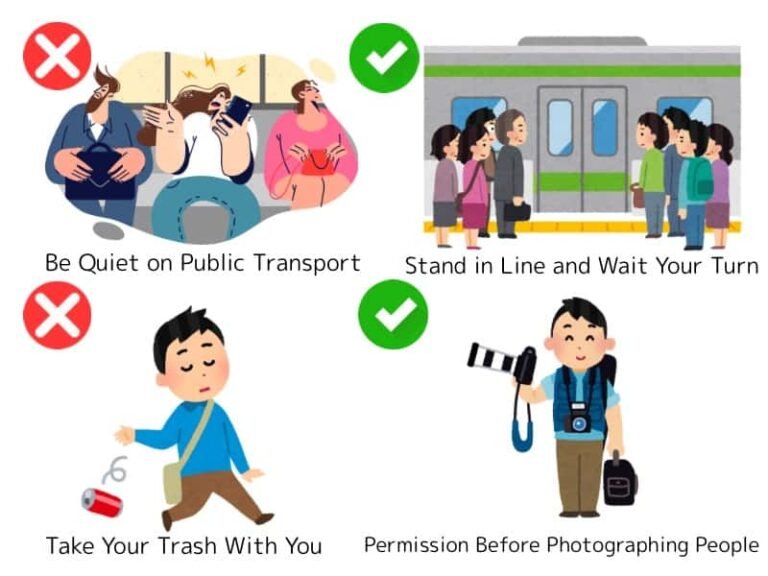
Be Quiet on Public Transport
In Japan, trains and buses are usually very quiet—even when they’re full. People avoid talking on the phone, and conversations with friends are kept low. Many locals use the time to relax, nap, or read.
If you need to make a phone call while riding the Shinkansen (bullet train), there’s a special area between train cars where phone calls are allowed. Otherwise, keep your phone on silent and enjoy the peaceful ride.
Stand in Line and Wait Your Turn
Japan has a strong culture of queuing. Whether you’re waiting for a train, an elevator, a vending machine, or even an escalator, people stand in line patiently and rarely cut.
Look for floor markings or signs showing where to queue—especially on train platforms. If in doubt, just follow what the locals are doing.
Take Your Trash With You
You’ll notice that public trash bins are rare in Japan. But the streets are still clean—because people carry their trash with them until they find a proper place to dispose of it.
Bring a small bag for any wrappers or bottles during the day. At your hotel or accommodation, you’ll likely find bins with clear sorting instructions.
I also wrote a full post about this if you’re interested in learning how the recycling system works:
👉 Navigating Japan’s Recycling System: Tips for Visitors and Long-Term Residents
Permission Before Photographing People
Some areas in Japan are very photogenic—but that doesn’t mean everything is okay to photograph. In places like Kyoto’s Gion district, for example, it’s important not to take photos of geisha or maiko (apprentices) without permission.
If you want to take a picture of someone—especially a local person—just smile and ask first. A simple “Shashin ii desu ka?” (Is it okay to take a photo?) shows great respect.
Don’t Eat While Walking
In many places around the world, walking and eating is completely normal. But in Japan, it’s considered a bit rude—especially in crowded areas or near shrines and temples.
If you buy food from a market stall or convenience store, try to eat it near the shop or in a designated rest area. This helps keep the streets clean and avoids bothering others.
Keep Your Voice Down In Public Spaces
Whether you’re in a café, a hotel lobby, or walking down a busy shopping street, try to speak in a softer tone than you might be used to.
In Japan, people value peace and quiet in public. Being calm and mindful of others helps create a more pleasant atmosphere for everyone.
A Few Final Thoughts
When you travel to Japan, no one expects you to be perfect. But showing that you’re trying—that you care about the local culture—really does matter. Small things like being quiet on the train or bowing back when someone bows to you can make a big difference in how locals feel around you.
If you’re interested in learning more about Japanese customs and communication, I also wrote about common Japanese words and the deeper side of politeness:
Essential Japanese Etiquette Tips Every Traveler Should Know
Traveling with respect makes your journey more meaningful—and helps keep Japan a welcoming place for everyone.
